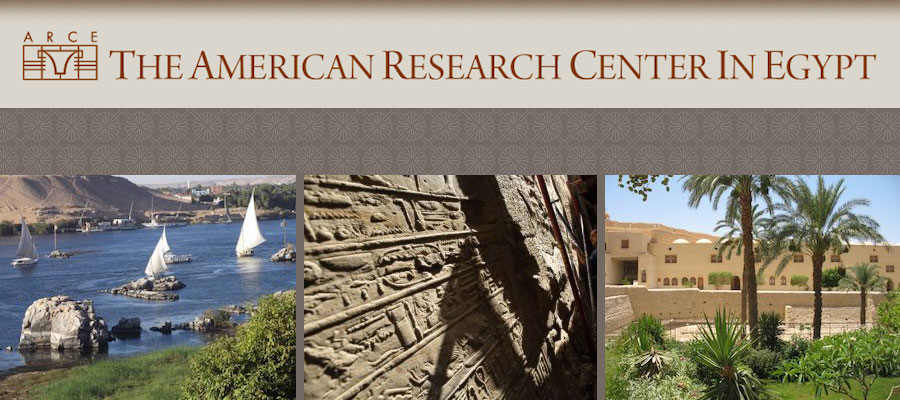Over the course of five decades, the American Research Center in Egypt’s fellowship program has benefited more than 650 scholars, whose research interests span the diversity of Egypt’s periods and cultures. Program alumni include directors and faculty of Middle Eastern studies departments at leading universities in the United States and abroad, and curators of Egyptian and Near Eastern art at major museums and research institutions. The goal of ARCE’s fellowship program is to promote a more profound knowledge of Egypt and the Near East through study and research and to aid in the training of American specialists in academic disciplines that require familiarity with Egypt.
The annual competition for ARCE pre-doctoral and post-doctoral fellowships attracts applicants from throughout the United States. Collectively, the publications resulting from ARCE fellowships constitute a substantial collection that includes a sizable portion of all scholarly output on Egypt by Americans since 1957. Some two hundred doctoral dissertations have been made possible as a result of research conducted under ARCE’s auspices.
ARCE has fostered special ties with Egypt’s Ministry of Antiquities (MoA) and the Ministry of Higher Education (MoHE) that enable fellows to have frequent and privileged access to their Egyptian counterparts, and Egyptian museums, monuments, archaeological sites, and research libraries and archives. The protocol between ARCE and the Egyptian government makes the dissemination of important research to the scholarly community within Egypt and abroad possible.
ARCE Funded Fellowships
ARCE administers research fellowships for students enrolled in doctoral programs at North American universities, and for American post-doctoral scholars and professionals affiliated with universities and research institutions worldwide.
ARCE Fellowships are awarded for a minimum of three months and a maximum of twelve months depending on the funding source. Fellowships provide sufficient funding to cover round-trip air transportation, a living allowance, mentoring and a home base in Egypt for doctoral candidates in the all-but-dissertation stage and senior scholars conducting more advanced research.
Post-doctoral scholars are invited to indicate their interest in serving as the ARCE Scholar-in-Residence on the fellowship application. The Scholar-in-Residence may serve for a period up to 12 months depending on the length of his/her fellowship. In addition to conducting his/her research, s/he agrees to advise junior scholars and organize a workshop, conference, or other scholarly activity in consultation with the Director. An additional modest per diem is available for the Scholar-in-Residence for these concurrent duties. Interested and qualified candidates are identified during the Fellowship Committee Meeting and recommendations made to the ARCE Director, who makes the final selection.
Research Associates
Individuals enrolled in doctoral programs at North American universities, postdoctoral scholars and professional scholars interested in conducting research in Egypt under an institutional auspice, may apply to ARCE for status as a Research Associate. Research Associates receive all administrative and logistical benefits accorded ARCE Fellows in terms of clearances, permissions and mentoring, but do not receive financial support. They may conduct research in Egypt for up to 12 months under the auspices of ARCE.
Many independent scholars find that establishing this association with ARCE facilitates their ability to conduct research in Egypt. Applicants who are awarded alternate status will automatically be invited to conduct their research as ARCE Research Associates.
Pre-Dissertation Travel Grants
A limited number of pre-dissertation research travel grants will be offered again this year. This grant is designed to support pre-dissertation research travel to Egypt for a 4-8 week period. During this period the grantee will conduct exploratory research to identify sources, establish contacts, identify and visit various sites and institutions and test the feasibility of their initial research methodologies on the ground in Egypt.
